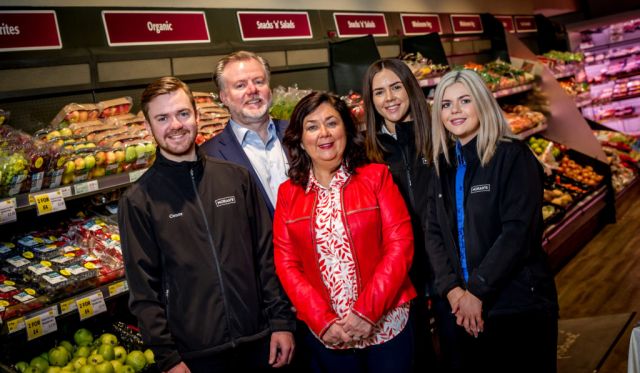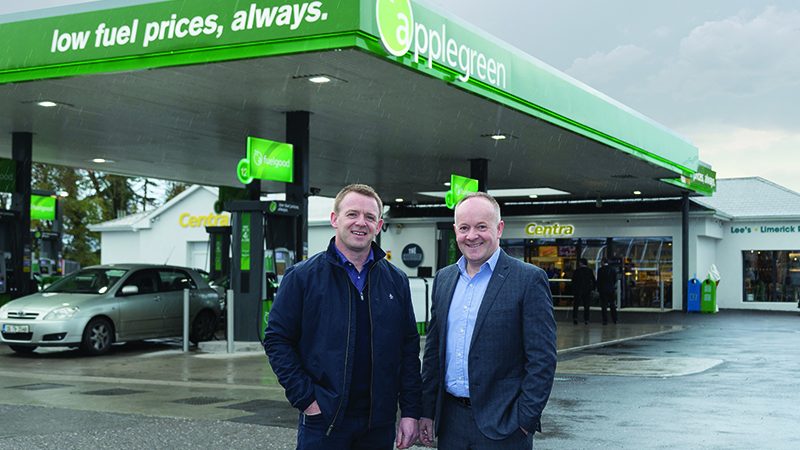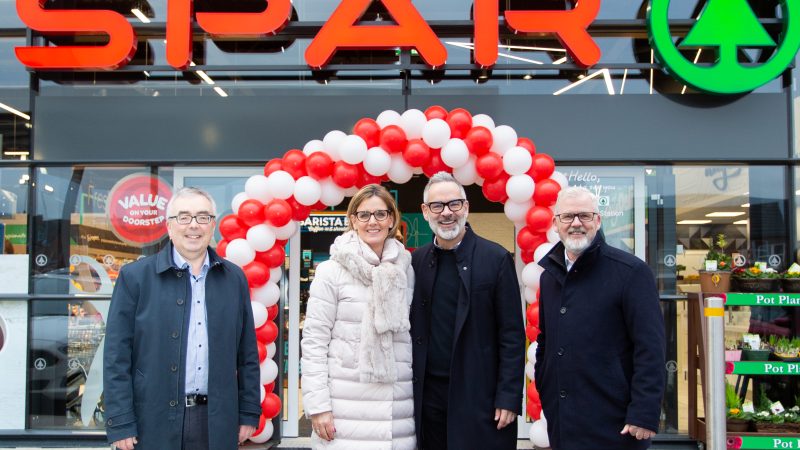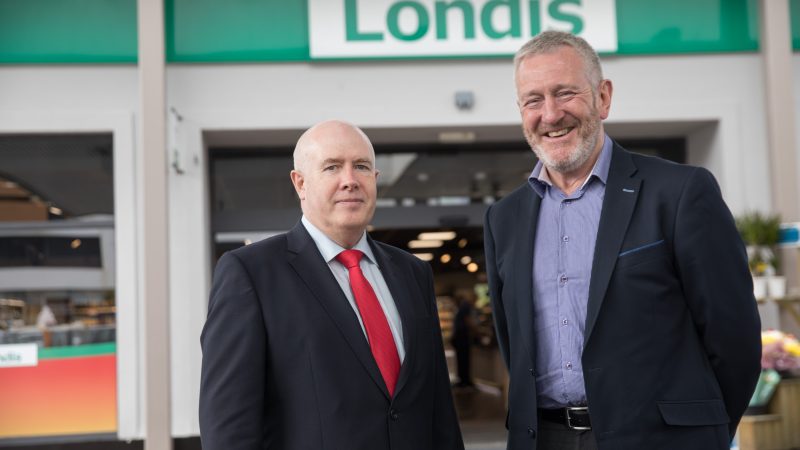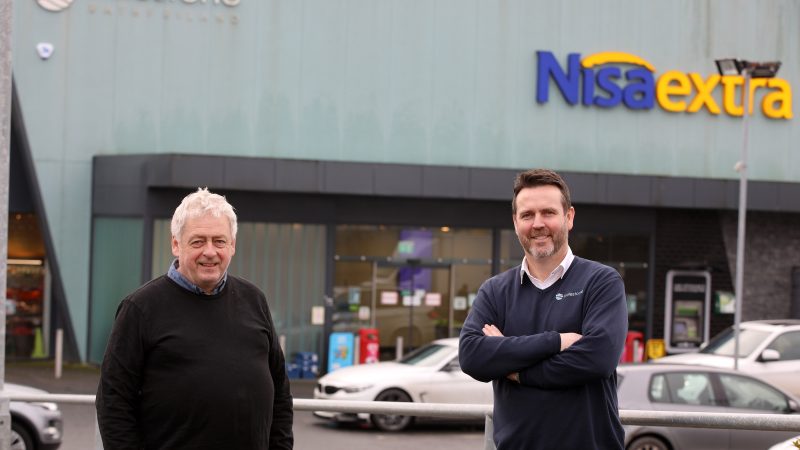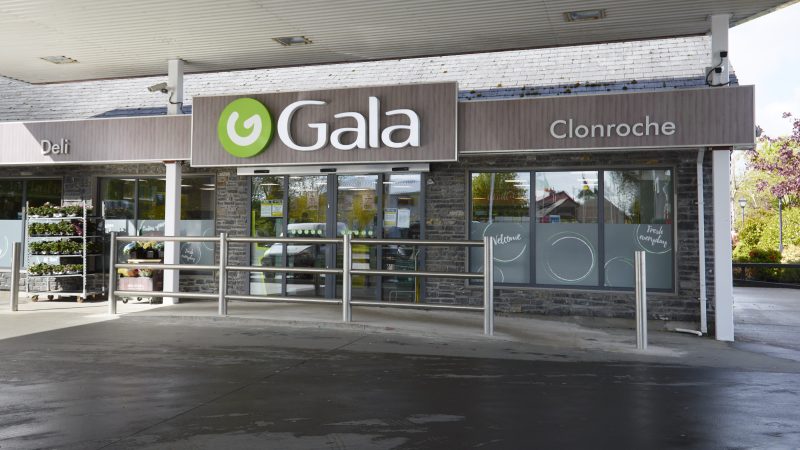Crawford’s Topaz/Daybreak, Co Dublin
The Crawford family’s multiple award-winning Topaz/Daybreak forecourt at Blanchardstown in Dublin 15 is typical of many of the more established urban stations in the city these days.
They’ve traded sensibly through a lengthy period of downturn and now, as volumes begin to creep back, they’re looking actively towards expansion.
The Topaz/Daybreak forecourt shares its substantial site with the business’s other concern – Tractamotors Blanchardstown Ltd – a modern car showroom that abuts the station and shop and forms the rump of the business that Brendan Crawford developed when he arrived in the Republic from Portaferry in Co Down during the early 70s.
A keen hurler, Brendan had moved south to seek employment in 1972 and by 1975 he had acquired the Blanchardstown site, which had a Shell filling station attached. It was here that sons Nick and Greg began their association with the business in 1985, pumping fuel during school holidays on the attended forecourt.
The branding on the filling station changed in 2008 when Topaz acquired Shell’s holdings in Ireland and by December of that year, Brendan had retired from the business and left Nick and Greg fully in control.
The 1,200 sq ft Daybreak store on the forecourt today is a reasonably recent addition – the brothers opened the shop in November 2011 on the site of the original Tractamotors showroom. At the time, they invested substantially in the project, installing a 32-camera security system and spending €60,000 on refrigeration and a further €30,000 on a state-of-the-art till system.

Nick says that volume of turnover in the fuel business rose by 20 per cent after the Daybreak store was added.
The interior of the shop makes excellent use of the modest amount of available space. At its heart is a thriving hot and cold deli counter with a 24-ft serve-over and a busy wine shop.
“It’s an attractive offering,” Nick told IFCR recently. “This isn’t the standard fare that you get in some places. We sell breakfast rolls and chicken rolls but also have a complete range of wraps, paninis, full lunches and lots of fresh produce which does very well for us. And our wine shop is selling around 300 bottles of wine a week.”
They have never been tempted to switch away from Topaz on the forecourt and continue to be impressed by their offering: “Topaz is Ireland’s leading forecourt operator and although we don’t normally pump the fuel into people’s cars ourselves anymore, we do offer a friendly and warm service and we’re helped in that by having our business partner – Topaz – behind us, as they’re an exceptionally professional organisation.”
That decision to move away from an attended forecourt was taken in 2011 and Nick says that they were surprised to see that it had an immediate and positive effect on sales: “I think we thought that by offering an attended service, we were giving customers something that they wanted, but then we realised that all we had been doing was slowing down the throughput,” he confides.
“People were going elsewhere because they needed to get bread, milk or cigarettes. People were actually passing us by because we didn’t have those things. And now that we have the professional image of the Daybreak store, fuel sales have also increased greatly.”
The Blanchardstown site is at the centre of an area in which around 125,000 people are resident and despite facing their own challenges in relation to economic development and employment, Nick says that local people are definitely busier and more active than they were a year ago: “They are out and about more now and we have extended our opening –an hour in the morning (6am) and in the evening (12pm) – to accommodate them now that the market is coming back. Before, this area was just dead after 11pm.”
That said, however, he admits that as with most urban locations, rivalry between local filling stations is intense: “It’s all very competitive,” he says.
“We have five other filling stations within a two-mile radius and so pricing has to be competitive. If one place drops the price, it can have a negative effect on us so we have to stay on our toes all the time. But if we do that, if we have a good offering, the right name over the door and the pricing is right, then there’s no reason why we won’t continue to succeed.”
*To read the full profile, subscribe to IFCR from the homepage to receive your free digital issue.




